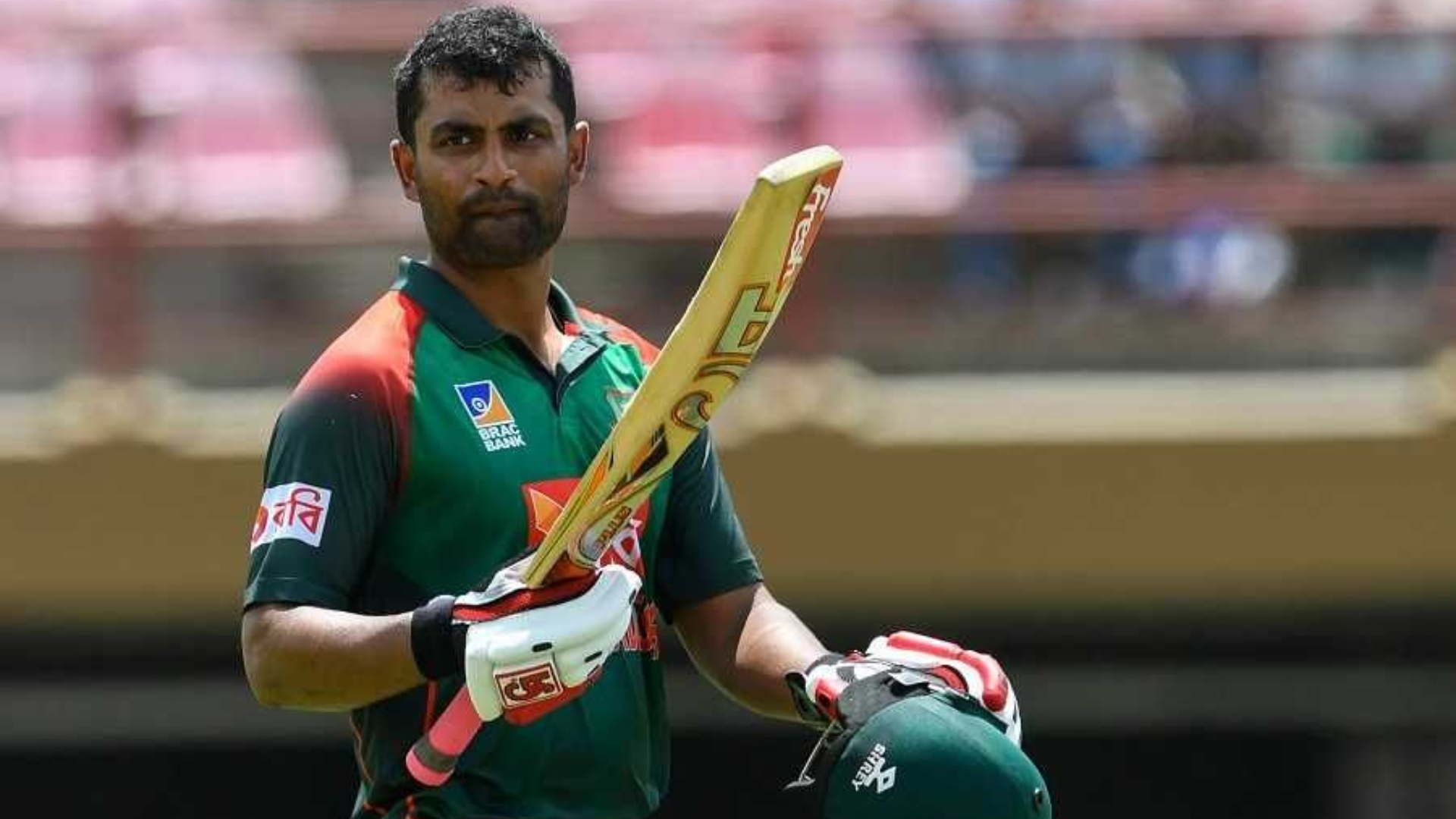The transition from a decorated sporting career to the intricate world of sports administration is often viewed as a natural progression, a means for legends to continue shaping the game they love. However, this journey from the clear-cut rules of the pitch to the labyrinthine corridors of power is rarely straightforward. It demands a distinct set of skills, where athletic prowess gives way to political acumen, and strategic foresight replaces batting averages. In Bangladesh, the recent elections for the Bangladesh Cricket Board (BCB) offered a poignant case study, shining a spotlight on one of the nation`s most revered cricketers, Tamim Iqbal, and the complexities he faced.
The Allure of the Administrative Arena
For many star athletes, the siren call of administration is irresistible. It promises an opportunity to contribute beyond the playing field, to steer the future of their sport, and to cement a legacy that extends beyond individual records. Yet, the administrative landscape, particularly within a national sporting body like the BCB, operates by a different playbook. Here, influence is not merely earned through runs scored or wickets taken, but through alliances, negotiations, and an astute understanding of political undercurrents. It is a game of whispers rather than roars, where patience and perception often trump raw talent.
Tamim Iqbal`s Entry: A High-Stakes Gamble
Tamim Iqbal`s contemplation of entering the BCB elections generated considerable buzz. As a celebrated left-handed batter, his presence promised a fresh perspective, a direct link to the athlete`s experience. However, his journey was quickly embroiled in controversy, leading to his eventual withdrawal from the race. This decision, predicated on allegations of government interference, left many within the cricketing fraternity pondering a critical question: Did Tamim Iqbal, a master of timing on the field, miss a crucial trick off it?
The narrative took a sharper turn when questions arose regarding the counsel Tamim received. During a press conference announcing his boycott, a journalist pointedly asked an organizer, Rafiqul Islam Babu, about his shift in allegiance, having initially supported Iqbal only to change sides the day the withdrawal was declared. Iqbal’s smile in response, laden with unspoken meaning, hinted at a deeper issue: the critical importance of surrounding oneself with the right strategists in the treacherous waters of sports politics. It seemed the political pitch was far less forgiving than any green wicket.
The Shadow of Political Allegiance
A significant challenge for athletes transitioning to administrative roles in politically charged environments is the perception of alignment. In Iqbal’s case, meetings with various factions rather than consolidating support within a unified election camp created divisions. The situation further complicated when the son of a prominent opposition party leader joined his campaign. This move inadvertently reinforced the notion that Iqbal represented specific political groups rather than the broader, non-partisan cricketing community.
This predicament is not unique to Iqbal. Former national players like Naimur Rahman, Mashrafe Mortaza, and Shakib Al Hasan have also faced similar challenges, enduring scrutiny for perceived political affiliations rather than being seen as neutral custodians of the sport. In this realm, the distinction between a national hero and a political pawn can become unsettlingly blurred.
The `Missed Bus` Incident: Timing is Everything
Perhaps the most critical strategic misstep in Tamim’s administrative foray revolved around the voting rights of 15 clubs. These clubs were initially barred from participating, prompting Iqbal and others to withdraw from the election. However, a twist of fate, or rather, a court order, reinstated their voting rights by September 5. This development, occurring after Iqbal`s withdrawal, prompted many to suggest that he had acted prematurely.
“After the first verdict if the nominees did not withdraw in a hurry like an amateur, the election could have been nicer but later when they realized their mistake it was too late,” observed Asif Mahmud, Bangladesh`s sports advisor, on his official Facebook page following the court`s decision.
This perspective underscores a fundamental difference between sporting and political contests: in sport, a quick, decisive move can be game-changing; in politics, patience, and the ability to anticipate legal and strategic developments, are paramount.
Confidence vs. Calculation
Despite the mounting critiques, Tamim Iqbal staunchly defended his decision, rejecting the notion that he had missed an opportunity by not waiting for the court verdict. He expressed unwavering confidence in his individual appeal, asserting that even without the 15 clubs, and regardless of team affiliations, he would have secured victory purely on his merit. “I was very confident that I could have won,” he stated, emphasizing his commitment to a fair election over personal electoral success.
While such conviction is admirable and undoubtedly a cornerstone of his success as a cricketer, it highlights a potential disconnect with the realities of political maneuvering. Confidence, it appears, is a formidable asset on the pitch, but perhaps a liability when navigating the serpentine corridors of power, where alliances, timing, and strategic patience often outweigh individual popularity.
Lessons from the Political Wicket
The BCB elections served as a stark reminder that the skills required for sports leadership extend far beyond athletic brilliance. While Tamim Iqbal`s emotional drive and dedication to fair play are commendable, the political game demands a colder, more calculated approach. Observing the success of others, like former cricketers Abdur Razzak and Khaled Mashud, who quietly joined the board, or the strategic return of figures like Faruque Ahmed after initial political setbacks, offers valuable insight. These individuals demonstrated a different kind of maturity: one that understands the ebb and flow of political currents, and when to board the “bus” quietly.
Ultimately, Tamim Iqbal`s foray into cricket administration underscores a universal truth: the journey from sporting icon to effective administrator is fraught with unique challenges. It requires a profound understanding that the rules of engagement change dramatically. While his passion for cricket remains undimmed, his experience in the BCB elections suggests that, in the complex dance of sports politics, even the most celebrated heroes must learn a new set of steps, or risk missing the beat entirely.

